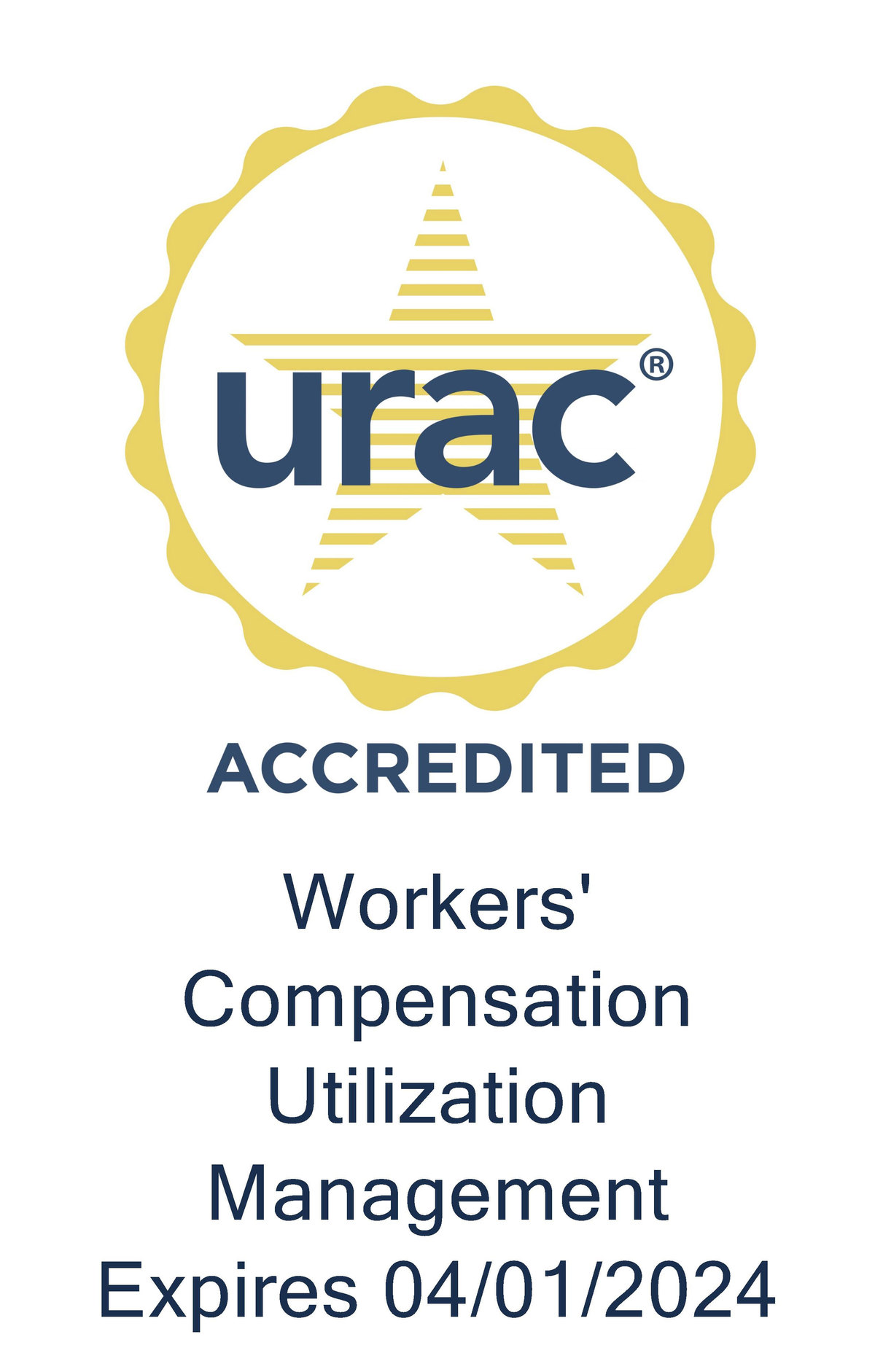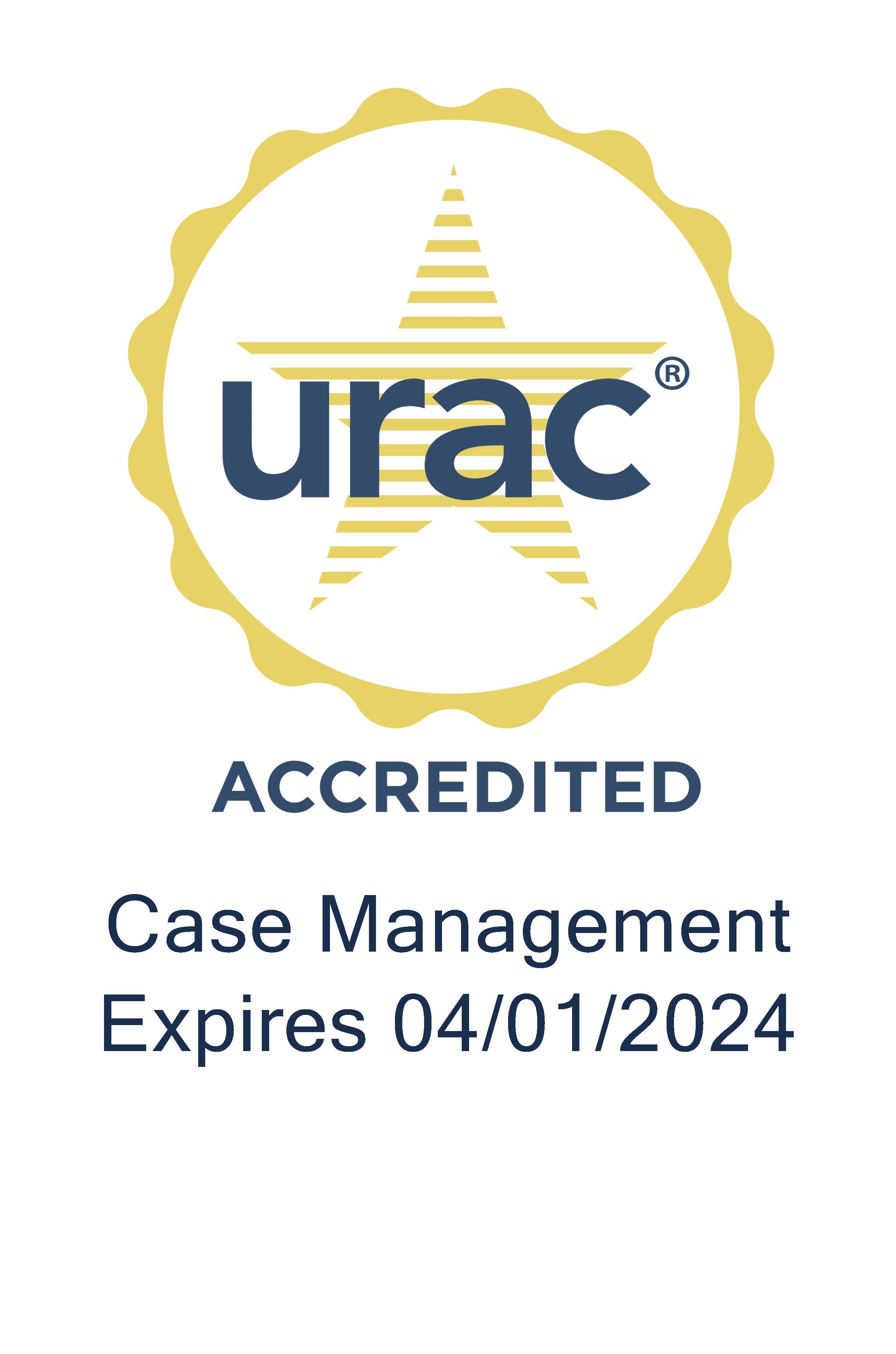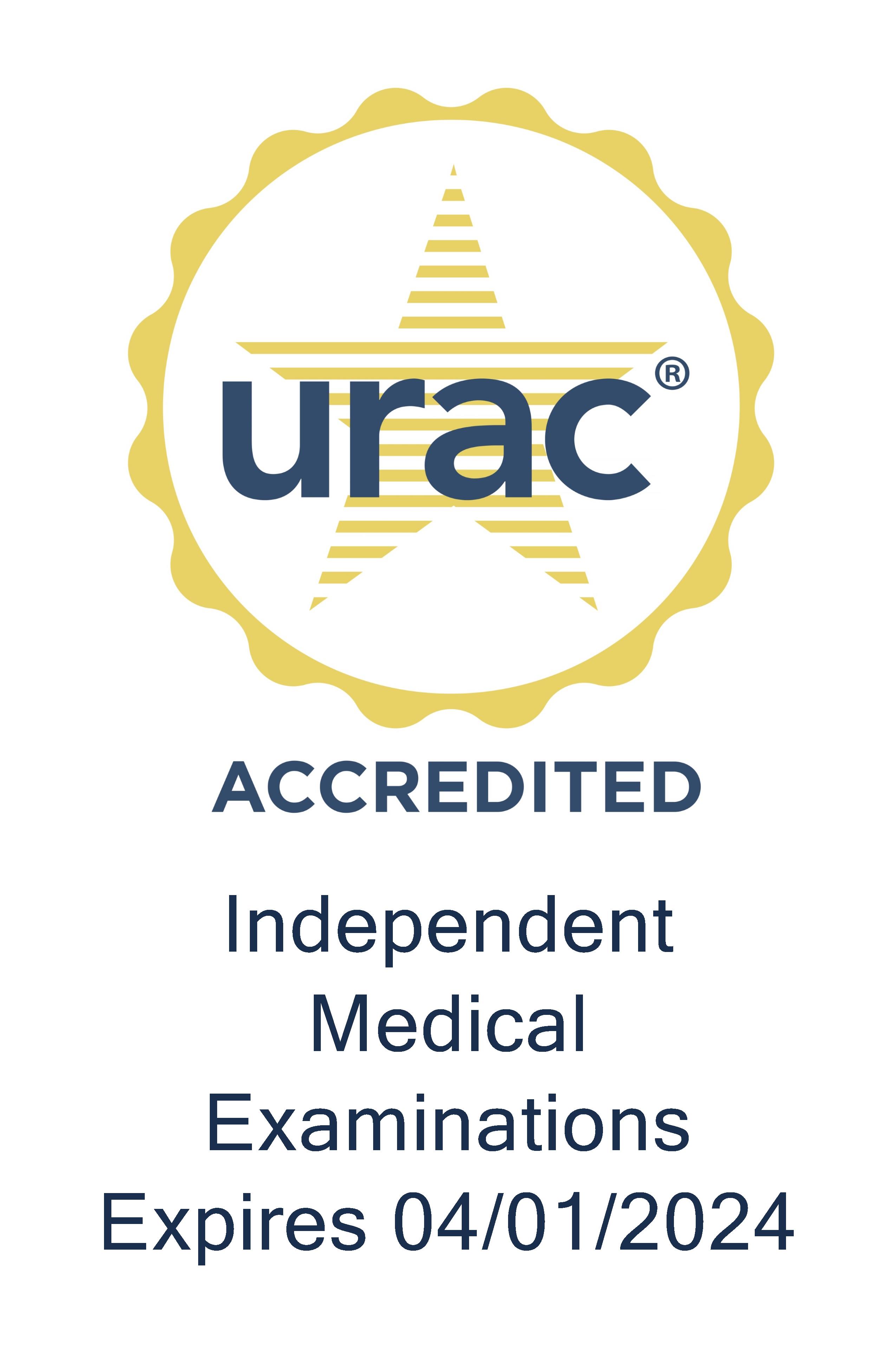We may take it for granted, but work provides us with purposeful activity, nurturing our self-esteem, social connections, financial security, status, and sense of identity. When the ability to work is taken away from us due to a debilitating injury or illness, it can have devastating effects on our physical and mental wellbeing.
But a program by the Social Security Administration is aiming to change that. It’s called the Ticket to Work program. It’s designed to support career development for disability beneficiaries who want to work and progress toward financial independence. Recently, Genex became a certified Ticket to Work provider, so we asked Kevin Ufier, National Director of Disability, to tell us more about it.
Tom Kerr (TK): Kevin, to get started, what is the Ticket to Work program?
Kevin Ufier (KU): The Ticket to Work program is under the umbrella of the Social Security Administration to assist individuals who are on disability with Social Security Disability Insurance (SSDI) benefits or SSI (Supplemental Security Income) benefits.
So, those being paid benefits out of the Social Security bucket are entitled to be considered for this program. They’re eligible. This program was developed from the Ticket to Work Incentives Improvement Act of 1999, which Congress signed in order to increase opportunities for people on Social Security Disability to return to work.
I look at it as that decade, in particular, tied into with the Americans with Disability Act. It’s a general push toward helping people with impairments and disabilities unable to work or limited capacity to work to have an opportunity to get back to work.
TK: And who’s eligible for the program? And how do they benefit from it?
KU: Anyone who’s on SSDI or SSI, ages 18 through 64, and they are participating or willing to participate in an effort to get back to, we’ll call it, financial independence — meaning they will try to eventually get off the dole of Social Security Disability in order to get back to work.
There are incentives for people to do this. And there’s assistance from state OVR, Office of Vocational Rehab, as well as employment networks. And that’s what Genex has recently been certified to be, an employment network. We will be able to help individuals get on the ticket program.
An individual who’s on Social Security disability is eligible, has a ticket. It’s not a literal piece of paper, but it’s the eligibility to have their case assigned to an employment network, to get some assistance, to find education, to get some career counseling, to have job opportunities presented to them. It could be a combination of that in order to be able to get back to work.
Service providers include staff that are approved by the Social Security Administration, in other words, individuals in our employment network, that have gone through something called a suitability process. It’s basically, at a high-level background check as well as training to understand what the program is about and how the program process has been set up by Social Security.
And Social Security Administration has a program manager, which we have been involved with since we were approved to be an employment network and prior to going into the training. So, there’s a lot of elements of support as well as, we’ll call it, regulation, to say, “Here’s how we want our ticket holders, our individuals on Social Security, to be helped on the way back to work.”
Now, there are some benefits of participation when a person is on a Ticket to Work ticket and has been assigned to employment networks such as Genex. They are protected from something called a medical continuing disability review. And that is, usually, Social Security Disability has annual or other date spans based on the diagnosis, how frequently their claims are being evaluated in terms of continuing disability on Social Security.
When they’re in a ticket that is waived, as long as they continue to participate either working gradually over a period of time with increasing hours or a combination of that and continuing education, they’re good. So, there’s a lot of benefits to being on a ticket in order to be able to get back to work.
They also can maintain their Medicare coverage. Individuals who are on Social Security disability for a period of time are automatically eligible for medical coverage under the Medicare program. And when they’re in the Ticket to Work program and they obtain something called SGA, gainful level of earnings, which is approximately about $1,310 a month at this time, they can continue to receive Social Security assistance in Medicare coverage where they are earning more than they ordinarily might be able to make, but still are able to continue to buy health care coverage under Medicare.
Also, this support through an employment network, such as Genex, is of no cost to the individuals applying for the ticket and the ticket assignment and the attempt to go back to work. It’s a great deal.
TK: Are there any limitations on how long a person must be on disability before they can enter this program?
KU: No, there is no limit. Once they are on Social Security Disability or SSI, they are eligible to participate in the program once they are within the ages of 18 to 64.
TK: How do eligible candidates become part of the program?
KU: Through the Social Security website for Ticket to Work. Genex is a national company and we will be doing this virtually. So, anyone in the country who needs some support from an employment network can plug in their ZIP code on the SSA site and Genex will come up. They can then choose by going to the Genex link as to what the services that we do provide. They can call us on an 800 number. They can send an email. They can also apply via a website application. So, there’s many ways that they can somehow reach out to employment networks as well as to Genex, specifically.
TK: As far as accessing Genex’s Ticket to Work services, must candidates have had any prior SSDI services from Genex to be eligible?
KU: No, they do not. Anyone who’s on Social Security, by whatever methodology they achieved Social Security disability benefits or SSI, they’re eligible to apply for work with an employment network or the state OVR through the Ticket to Work program.
We have some individuals that we have helped to get on Social Security disability. If they’re interested, they can reach out to Genex for requests for services. Or, and we expect many requests from people who have may not have heard of Genex other than through a website and are on Social Security, they may reach out to us. In fact, one of our first contacts was someone who just looked us up and reached out to us.
TK: How do you become a certified provider of the Ticket to Work program?
KU: You basically have to apply to the Social Security Administration. There’s various corporate information in terms of information systems, IT corporate structure, liability, as well as how will you be marketing the services? Who will be doing it? What’s your expectations on how you would approach it?
There are also expectations on how you will be paid. As I mentioned, this is of no cost to the individual ticket holders. However, the employment networks are rewarded once individual ticket workers have gone back to work and have achieved certain levels of income like during a trial work period where they achieve a level of income.
And then, eventually, getting into above the SGA level, which I mentioned is $1,310. Once they achieve that, after a period of time, benefits would cease from Social Security. But if someone should have a debilitating event, and they have to go back out on benefits, it’s much easier when you’re within this ticket program to be able to get back on. So, there’s a lot of incentives for that.
But the individuals within the employment network have to go through suitability training, fingerprinting, background checks. It’s called e‑QIP, the whole process. And, basically, you’re approved by the federal government to be a federal contractor to do this work.
TK: And, as a certified provider, what does Genex offer?
KU: What Genex will be providing is return-to-work services which will include career planning, interests, skills identification review, resume development, preparation for interviews, job placement, including job search assistance. That might include identification of specific job opportunities or openings as well as helping them learn how to look for work and to find opportunities that match their needs.
Additionally, advice on ADAAA requests. Some people may feel it’s necessary to disclose what their impairment is. It’s not always a requirement, but we can help them make an accommodation request and deal with those kinds of questions.
Also, we provide support while the person is returning to work. There’s consistent contact in monthly or more frequent check-ins. And once a person has gotten further above SGA levels, it’s often a little bit more spread out, but we’re going to make sure that we’re in touch with people, very frequently, monthly or less, in order to make sure that they are doing fine.
We’re also involved in reporting their earnings to the Social Security Administration. And that’s where the Social Security Administration needs to know how much somebody is making, so they can track from their records within the program parameters.
And, in turn, that amount is related to how an employment network gets paid on the backend after several months of working at different levels. The companies that do provide us as an employment network do get compensated from Social Security when they are successful in returning someone to work and maintaining that work.
And only someone who’s going to try to get back to full‑time or financial independence, that is working full‑time and above SGA, are eligible for the program. If somebody says, “I’m just looking to pick up some extra money on the side before I can bump off Social Security,” that would be someone that is not a good candidate for the Ticket to Work program.
Now, some employment networks may be providing medical services or educational services. We don’t do that, per se, for this program. We, however, can coordinate and advise participants who need to go to another agency, perhaps, for other support. So that’s also part of the ticket program.
TK: What are some of the goals that Genex strives to meet in being a certified provider in the program?
KU: We look to help as many people as possible because we have a rich history of vocational case management with vocational rehab and placing people with other lines of insurance, obviously.
But the goal would be to help those who are with carriers, that are on LTD, as well as individuals who are just in the general population that may have no relationship to any customers we have, that they will reach out to us, and we’ll be able to provide services to them. We have the ability to add bandwidth in the sense of a computerized system where we can easily track, individuals and make sure we’re meeting their needs in a timely basis based on expectation.
In fact, that was a situation with one of our first calls. The person had an opportunity to go to work and wanted to know how we can help as well as how his benefits will be impacted. So, we educate about the program, how it’s to the benefit of the individual, and obtain some information about a person’s educational and vocational background.
We come up with a very important individualized work plan, IWP, in which we outline short‑term and long‑term vocational goals and how we will support the ticket holder in his or her attempt to go back to work full‑time as well as benchmarks to achieve those goals. And that is filed with the Social Security Administration. It can be amended, but it’s very critical to the relationship with the ticket holder. So, it’s a very personal program at the individual level geared toward helping, whatever the individual’s goals are.
Based on our knowledge of vocational rehab, being a case management company in the business for over 40 years, we feel that we’re very well positioned and have an excellent staff that can help people get back to work.
TK: Well, it certainly seems like a beneficial program. Thanks, Kevin. And for everyone, thanks for listening.






